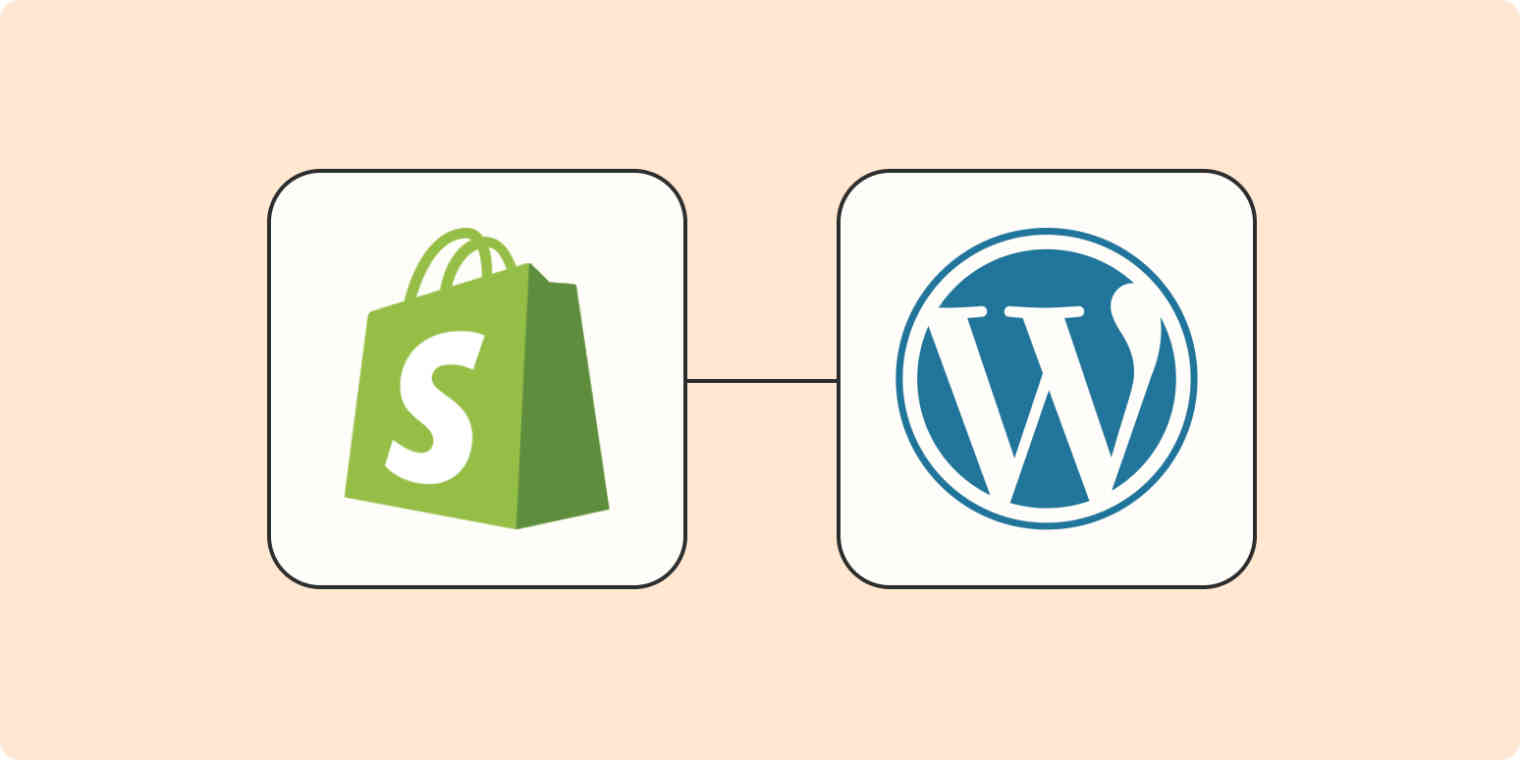
Description
In the realm of e-commerce platforms, Shopify and WordPress stand out as two giants, each offering unique advantages tailored to different business needs. Choosing between Shopify vs WordPress for your online store can be a pivotal decision that impacts your site’s functionality, scalability, and ease of management.
Introduction
When diving into the world of online retail, selecting the right platform is crucial. Shopify and WordPress are both revered for their capabilities, yet they cater to distinct user preferences and operational requirements. This blog explores the strengths and considerations of Shopify and WordPress, aiding you in making an informed decision for your e-commerce venture.
Comparative Analysis Shopify: Streamlined E-commerce Powerhouse
Shopify is renowned for its user-friendly interface and robust e-commerce features. It’s an all-in-one solution that provides everything you need to set up and manage an online store efficiently. From hosting and security to payment processing and inventory management, Shopify streamlines the e-commerce journey for beginners and seasoned entrepreneurs alike.
WordPress
Versatility and Customization On the other hand, WordPress offers unparalleled flexibility and customization options. Initially a blogging platform, WordPress has evolved into a versatile content management system (CMS) with powerful e-commerce capabilities through plugins like WooCommerce. This makes it a preferred choice for businesses looking to integrate their online store seamlessly with content-driven websites.
Key Differences
Ease of Use: Shopify excels in simplicity, with its intuitive drag-and-drop interface that requires minimal technical expertise. WordPress, while offering robust customization, may necessitate more initial setup and maintenance efforts.
E-commerce Features: Shopify offers a comprehensive suite of e-commerce tools out of the box, whereas WordPress requires plugins like WooCommerce for advanced e-commerce functionalities.
Scalability: Shopify is inherently scalable, handling everything from small startups to large enterprises effortlessly. WordPress scalability depends on hosting and plugin choices but can be equally powerful with the right setup.
Cost Considerations: Shopify operates on a subscription model, bundling hosting and security in its pricing plans. WordPress itself is free, but costs can accrue from hosting, premium themes, and plugins necessary for advanced features.
Choosing the Right Platform For Simplicity and Turnkey Solutions
If you prefer a straightforward setup and management experience without compromising on e-commerce capabilities, Shopify is your go-to platform. Its user-friendly approach and integrated tools make it ideal for beginners and those focused on rapid deployment.
For Customization and Flexibility
WordPress shines with its limitless customization options, making it perfect for businesses that prioritize design freedom and want full control over their online store’s functionality. WooCommerce extends WordPress’s capabilities into a robust e-commerce solution tailored to your specific needs.
Conclusion
Ultimately, the choice between Shopify and WordPress hinges on your business’s unique requirements, technical expertise, and growth aspirations. Both platforms empower you to build and grow a successful online store, albeit through different approaches. Whether you opt for Shopify’s simplicity or WordPress’s customization prowess, each platform offers distinct advantages that can propel your e-commerce venture to new heights.
Final Thoughts Choosing between Shopify and WordPress isn’t just about features; it’s about aligning the platform’s strengths with your business goals and operational preferences. By understanding their differences and strengths, you can confidently embark on your e-commerce journey, equipped with the right platform to support your success.






